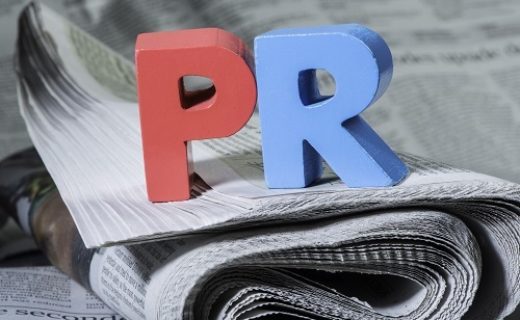Be an “expert” for the media
You’ve seen the stories, where someone in your industry is quoted about something new in your field. It makes them sound like an expert – and it is great free advertising.
If you want to explore that, perhaps the quickest way to establish yourself as an expert for reporters is to find a radio program that uses interviews from businesspeople. Sometimes, you will be able to find a program that’s devoted to your field. Once you find one, listen to it a few times, and call up the show to see if they’re interested in having you on. Before you call, pick three key points you think would pull in listeners based on the programs you’ve heard and use them to sell yourself and your expertise.
Calling a newspaper reporter
If you are more interested in print, consider calling a reporter after he or she runs a story about your industry and ask if they have a few minutes to talk. If they do, then give them information that broadens their understanding and offer to be a source for other stories. But first, you might want to read several of the reporter’s other stories, which can be found on the publication’s web site. Reporters are generally flattered to know that you follow his or her work, and the research will give you a sense of what and how they like to cover your industry.
Even knowledgeable journalists will not have the insight that comes from working in an industry every day. As a result, reporters frequently will double-check new developments with their sources before deciding whether to write an article. They also will look for their sources to provide short, simple explanations or assessments for their audiences.
Be quick and to the point
So, when you talk to a reporter, be prepared to use short, snappy comments that are quotable. Be sure they have your cell number and be prepared to take 10 minutes or 30 minutes when they call. When they call, they will be looking for an instant assessment in clear, unqualified sentences.
Your opportunity may come when a journalist is under deadline pressure, needs a comment from an expert and calls you.
If you need a few minutes to think about what to say, ask the reporter for their questions and about their deadline. If their deadline is immediate, tell them you’ll call back in 5 minutes. Then take a minute, write down your thoughts and call them back – within 5 minutes. If you are unsure of the impact of a new development, then say so, or use works like “might,” “could,” or “possibly.”
While the public relations value of being treated as an expert before hundreds of potential customers is enormous, remember that it can also be inconvenient and sometimes frustrating to reach that position. For example, you might get a call on the way to your son’s soccer game that will require a little quick research, delaying your arrival.
But for trusted sources, the free publicity of being regarded as an industry expert is worth the effort. Readers and viewers will see you as trusted by the media and will recognize your name when they are looking for a firm with your skills.




